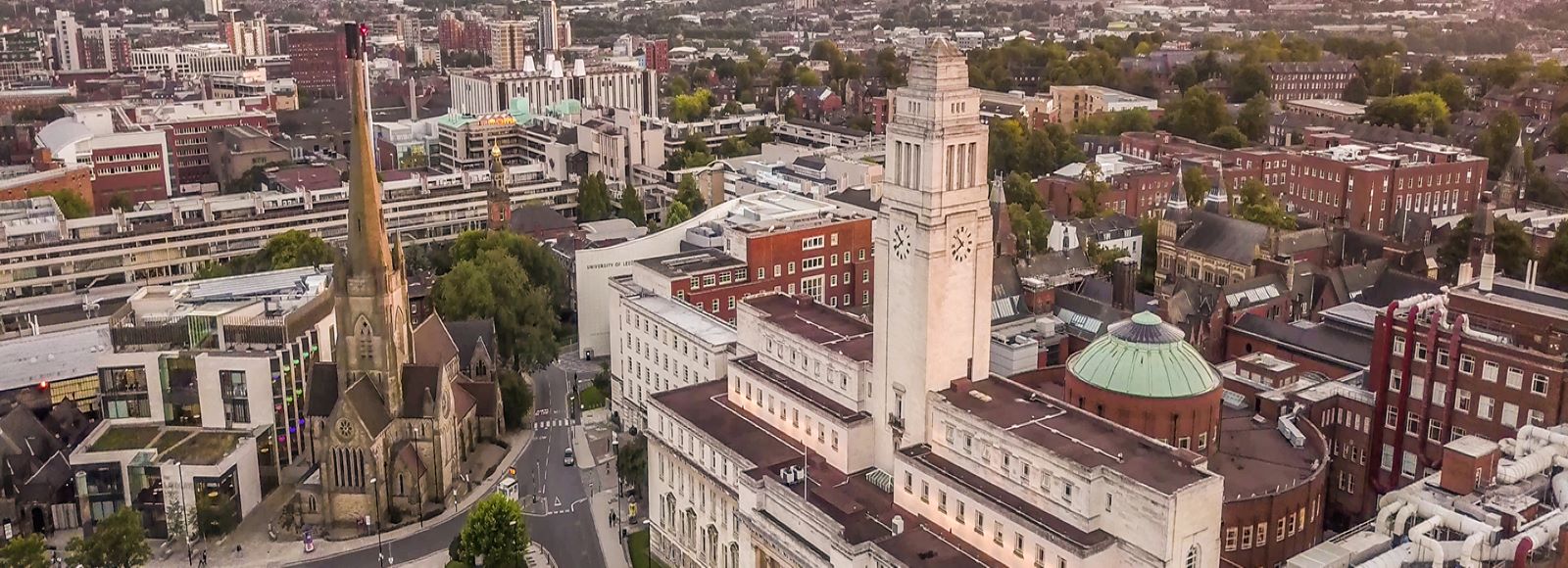- ...
Postgraduate Studentships - Search for funding opportunities.
Postgraduate Studentships - Search for funding opportunities.
Postcolonial studies is an intellectually dynamic and politically urgent field. It takes the pulse of contemporary societies and cultures in the context of an increasingly interconnected yet deeply complex world.
Our Masters degree allows you to look critically at problematic histories whose legacies remain with us: the history of slavery; the history of apartheid; the ongoing histories of colonialism itself, which cut across different languages and cultures in different parts of the world.
You’ll discover the richness and diversity of Anglophone postcolonial cultures, their social and historical contexts, and the theoretical but also practical issues they raise. An understanding of these issues will also allow you to gain an in-depth knowledge of how creative outputs like literature, film and music engage with race, place and identity across a variety of contexts – from the stereotyping of Turks and Jews in the Renaissance, to the global ‘migration crisis’ and Black Lives Matter movement of present times.
The scope and scale of our academic expertise will help you to examine postcolonial societies and cultures from a broad range of perspectives. This flexibility will give you many opportunities to pursue your personal interests, while an independent research project will enable you to explore a topic of your choice in even greater depth.
Our academic staff have specialist interests in postcolonial ecocriticism, disability studies and medical humanities, decolonial thought and anti-colonial struggle, diaspora and cosmopolitan community, states of refuge and asylum, postcolonial theory, psychoanalysis and trauma, indigenous knowledges, postcolonial film, theatre and poetry, postcolonial prize cultures and reception histories.
The University of Leeds Library is one of the best research libraries in the UK, with holdings across the entire range of postcolonial literatures/cultures and special collections in a number of areas directly relating to the postcolonial field.
Our Special Collections offer a huge range of rare books, manuscripts and art, as well as microfilm collections of American, Indian and South African newspapers, US government and presidential files, the Black Power Movement archive, the Church Missionary Society archive, and documents relating to British imperialism, foreign affairs, and overseas policy.
Take a 360 tour around our libraries:
Brotherton Library
Laidlaw Library
Edward Boyle Library
You will also be welcome to participate in a lively and inclusive postgraduate research culture in the School and beyond, as represented in such early career scholar-oriented bodies as the cross-disciplinary Institute for Colonial and Postcolonial Studies, the Leeds University Centre of African Studies, and the Postcolonial Research Group.
These collectives and others like them hold regular workshops, conferences and other activities and events in which you’ll be actively encouraged to get involved.
A bachelor degree with a 2:1 (hons) in English, postcolonial literature or a related subject.
For fees and funding options, please visit website to find out more
Students graduating from this course have gone on to do successful PhDs in the UK, quite often in Leeds but also in a number of different countries across the world. Other students have gone on to equally successful careers in the cultural sector (eg publishing and cultural management) or working for national and international non-governmental organisations (NGOs).
Compulsory modules
Postcolonial Encounters (30 credits)
Optional modules
Africas of the Mind (30 credits)
Caribbean and Black British Writing (30 credits)
Planetary Aesthetics: Mimesis, Animism and Modernity (30 credits)
Postcolonialism, Animals and the Environment (30 credits)

Take your knowledge to the next level with a Masters at Leeds A leading research university in one of the UK’s most diverse and vibrant cities, our p...
Sign up to Postgraduate Studentships
Sign up to compare masters
Thanks for making your selection. Click below to view your comparisons.